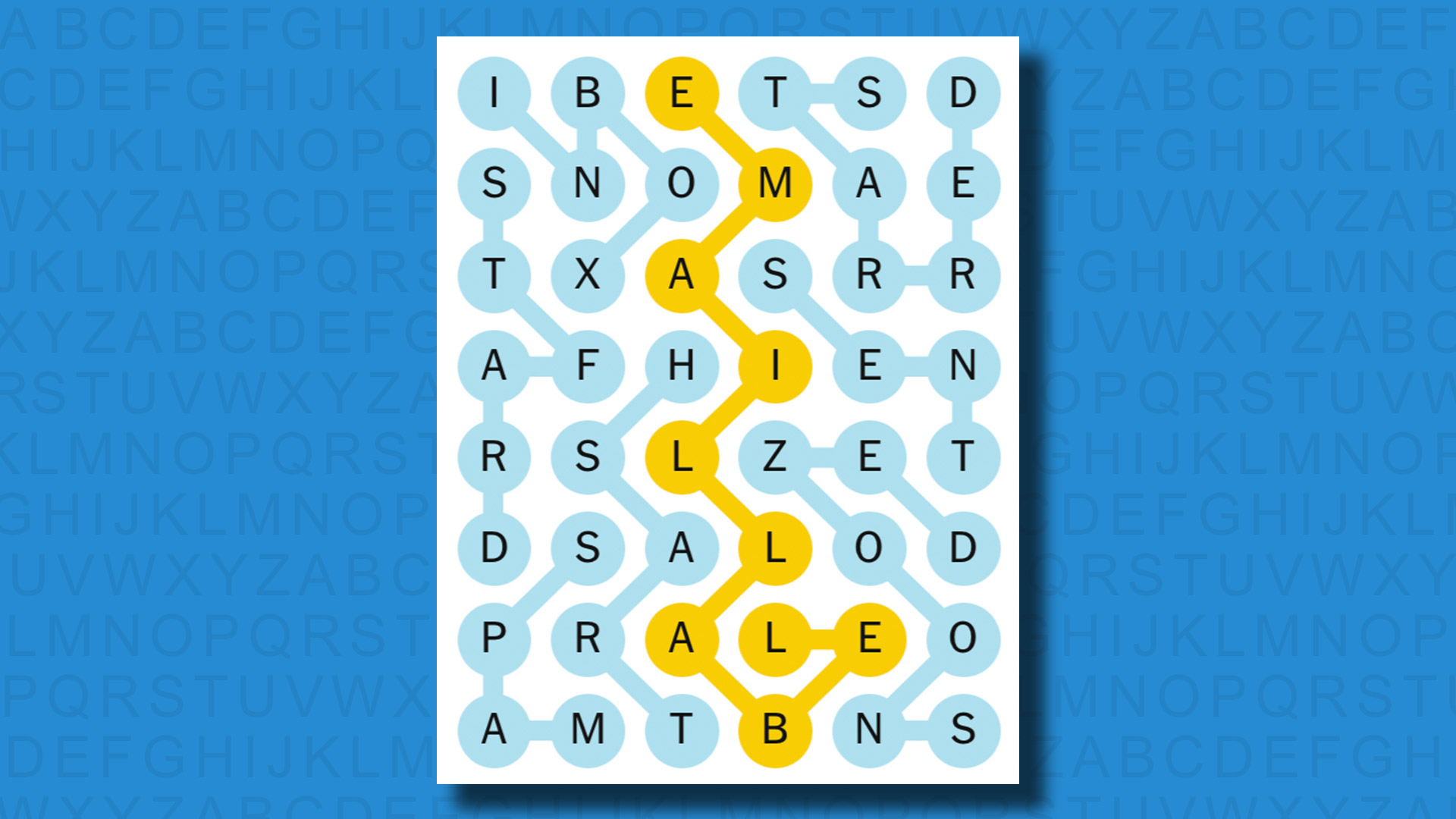Although Congress has yet to approve a fourth stimulus check, the number of stimulus check-related phone scams have doubled in each of the last two months according to new research from the caller identification company Hiya.
Based on its analysis of over 13bn calls each month, Hiya was able to determine that stimulus check phone scams reached an all-time high of more than 1.1m in June. In fact, the first week of June was the worst week on record with a 150 percent increase in stimulus check scam calls.
During 2020 the US government sent out one stimulus check to Americans in April and then in 2021, it sent out one in January and another in March. However, the number of stimulus check scam calls have already nearly doubled this year when compared 2020.
- We've assembled a list of the best identity theft protection around
- Keep your devices virus free with the best malware removal software
- Also check out our roundup of the best firewall
While the pandemic disrupted businesses around the world, spammers and fraudsters have already fully recovered as the number of unwanted calls have surpassed pre-pandemic levels. Victims of these scams lost an average of $182 to scam calls in 2020 with seven percent of those affected reporting that they lost over $1,000.
Stimulus check phone scams
As part of its research into the matter, Hiya identified the most popular scams tied to stimulus checks as well as the states and area codes that were the most frequently targeted by scammers.
The most popular scam tries to steal a victim's personally identifiable information (PII) by claiming they must verify their information in order to receiver their stimulus check. Another common tactic used by scammers is to request a victim's bank information in order to directly deposit the funds that day.
Other common tactics include fake companies or government agencies offering loan forgiveness or loan advances if an individual forfeits their stimulus check and fake government agencies claiming their social security number (SSN) is no longer active or valid.
When it comes to the states targeted the most by stimulus check phone scams, Texas took the top spot followed by California, Florida, Louisiana and Illinois. In terms of cities and area codes, San Antonio (210), Dallas (214) and Fort Worth (817) were the most targeted.
In order to avoid falling victim to stimulus check phone scams, Hiya recommends that users don't answer or return calls if they don't recognize the number and they should also enable their carrier's call protection service such as AT&T Call Protect or install a call protection app.
- We've also featured the best antivirus
from TechRadar - All the latest technology news https://ift.tt/3dehPrD

No comments:
Post a Comment